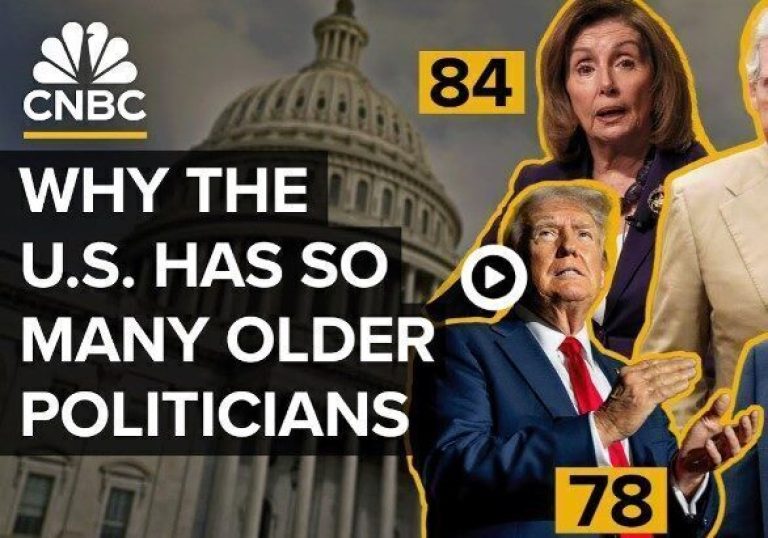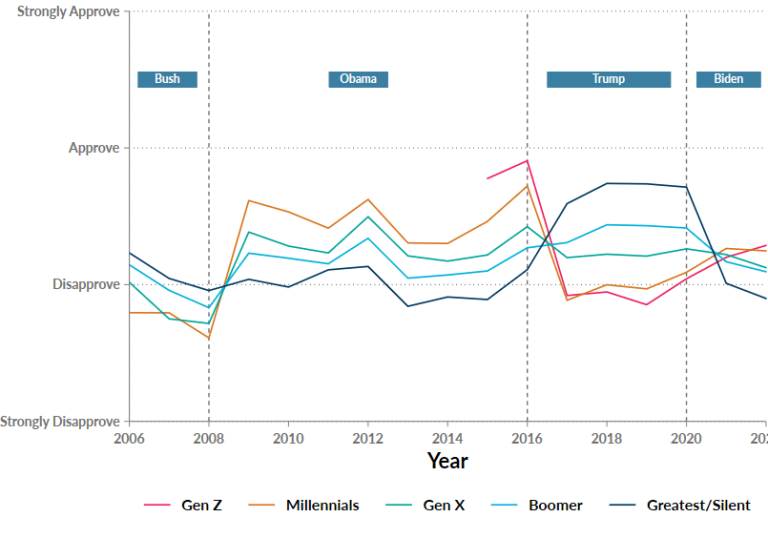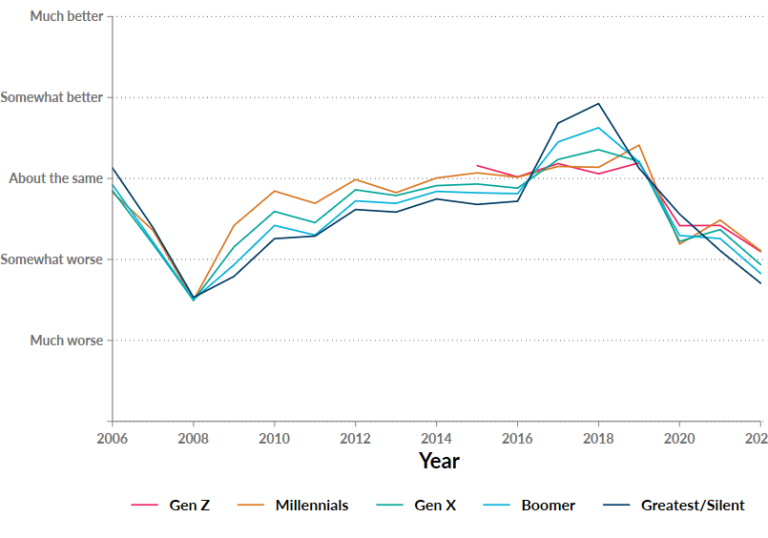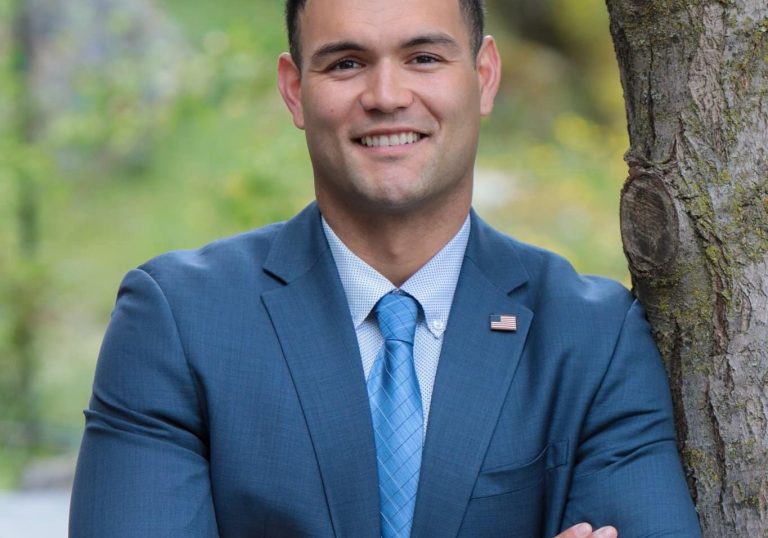Authors: Bryson Christy, Nina Hankins, Jacqueline Shore, and Marie Warchol
This working paper examines the relationship between state-level implementation of Automatic Voter Registration (AVR) policies and the voting turnout of young voters (aged 18-24) in United States elections, primarily analyzing data for elections between 2010 and 2022. As of 2023, 24 states and Washington, D.C. adopted AVR policies, though not all have implemented fully. Beyond the binary decision whether to enact AVR, this paper further examines if different types of AVR impact voter turnout within the same age group. The results show that the general presence of AVR increases young voter turnout by 3.2%; Front-end opt-out AVR policies increase young voter turnout by 2.8% and back-end opt-out AVR policies increase young voter turnout by 3.9%. These results show statistically significant increases in young voter turnout when either type of AVR is present, and suggests that expanding AVR in all states, particularly with back-end opt-out AVR mechanisms, could encourage further young voter participation and enfranchisement.










